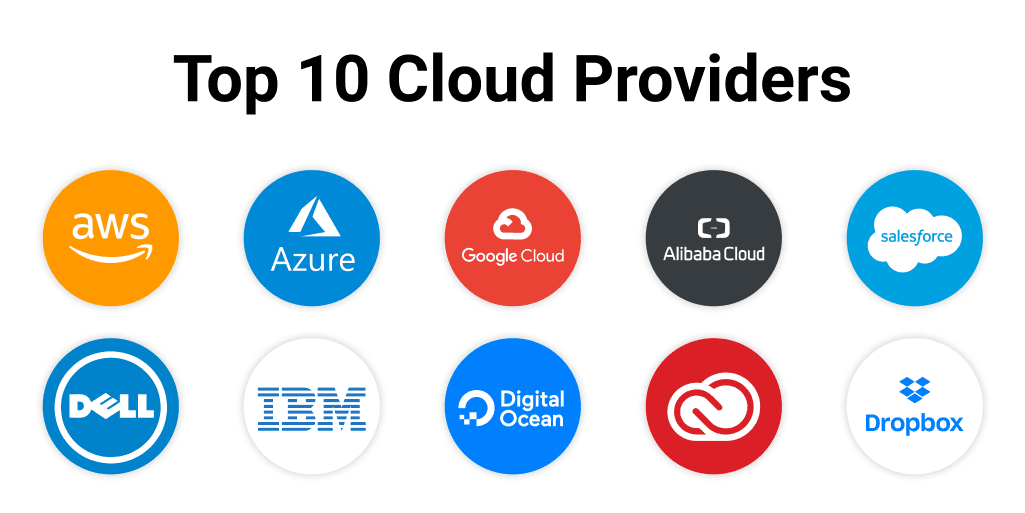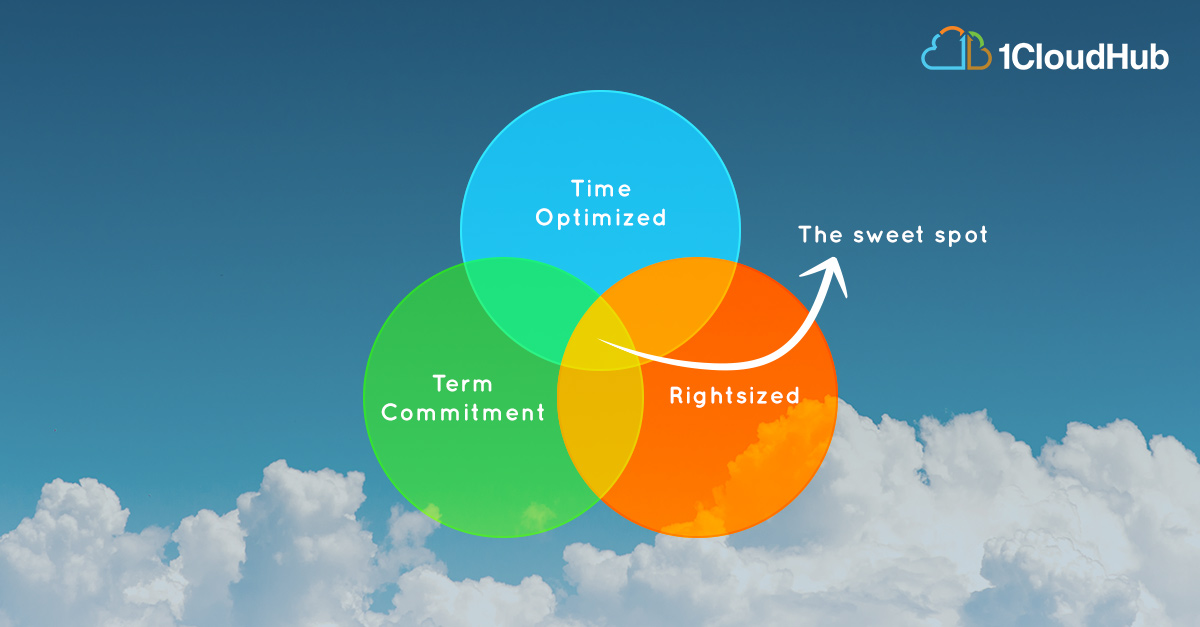As an experienced SEO writer, your task is to write two opening paragraphs in English for an article titled Ultimate Guide to Cloud Computing Services for Startups. This article is targeting the keywords Cloud computing services for startups. The meta description for this article is:
Discover the benefits, types, providers, security considerations, cost optimization, and emerging trends in cloud computing services tailored for startups. Learn how to leverage the power of cloud computing to scale your business efficiently.
The opening paragraphs should be designed to grab the reader’s attention and encourage them to continue reading the article. Use the meta description as a guide to determine what information should be included in the opening paragraphs. Each paragraph should not exceed 200 characters.
In writing the opening paragraphs, make sure to adhere to the following writing guidelines:
– Intent: To provide a comprehensive guide on cloud computing services tailored for startups
– Style: Informative and educational with practical insights for startups
– Tone: Professional and supportive
Be sure to include the keyword Cloud computing services for startups in one of the paragraphs. Additionally, provide some background or context about the article topic to help readers understand what they will be reading.

Unveiling Cloud Computing Services for Startups
Cloud computing services for startups offer an array of benefits, allowing easy access to computing resources via the web. Startups use these services to host websites, process data, and run applications seamlessly and efficiently. Unlike traditional IT structures, cloud services offer scalability and cost-effectiveness, providing startups with reliable and secure solutions for their business operations. Embracing cloud computing opens up a world of opportunities for startups to thrive in today’s competitive landscape.

Advantages of Cloud Computing for Startups
Cloud computing services offer startups a myriad of benefits to bolster their growth and success. Firstly, startups can significantly reduce their initial costs by leveraging cloud infrastructure, eliminating the need for expensive on-premises hardware. This cost-effective approach allows companies to invest their capital in core business activities rather than infrastructure setup.
Moreover, scalability is a pivotal advantage for startups using cloud computing services. Through the cloud, businesses can flexibly adjust their resources as needed, facilitating rapid growth without the constraints of traditional hardware limitations. This seamless scalability empowers startups to adapt to fluctuating demand effortlessly, enabling agile business expansion.
Additionally, cloud computing equips startups with access to cutting-edge technologies and tools that might otherwise be financially out of reach. By leveraging the cloud’s centralized resources, startups can utilize advanced software, analytics, and AI solutions to enhance operational efficiency, innovation, and competitive edge in the market.
Furthermore, security and compliance are paramount for startups, and cloud computing services offer robust measures to safeguard sensitive data. By entrusting reputable cloud providers, startups can benefit from state-of-the-art security protocols, data encryption, and compliance certifications that enhance data protection and regulatory adherence, instilling trust among customers and stakeholders.

Exploring the Types of Cloud Computing Services
Infrastructure as a Service (IaaS)
IaaS offers startups fundamental computing components like servers and storage, enabling scalable and flexible IT infrastructure without large upfront investments. It empowers startups to focus on innovation rather than hardware maintenance.
Platform as a Service (PaaS)
PaaS caters to startups by providing a ready-to-use platform for application development and deployment. It accelerates the development process, fosters collaboration, and facilitates rapid delivery of applications, enhancing startup efficiency.
Software as a Service (SaaS)
SaaS equips startups with a range of software applications hosted in the cloud, eliminating the need for in-house installation and maintenance. This service promotes cost-effectiveness, scalability, and accessibility, enabling startups to leverage cutting-edge tools effortlessly.
Serverless Computing
Serverless computing frees startups from server management concerns by offering on-demand computing resources. This innovative approach reduces operational complexities, optimizes scalability, and enhances cost-efficiency, allowing startups to focus on core business functions and growth strategies.
Incorporating these cloud computing services tailored for startups can revolutionize the way businesses operate, offering agility, scalability, and cost-effectiveness. Embracing these diverse options can empower startups to amplify their potential, streamline operations, and achieve sustainable growth in today’s competitive landscape.

Choosing the Right Cloud Computing Provider
When delving into selecting a cloud computing provider, startups must assess their unique needs meticulously. Understanding the scale, workload demands, and growth projections is vital to match services effectively.
Additionally, evaluating the provider’s reputation, pricing structures, and quality of customer support ensures a seamless experience. This diligence aids in maintaining operational efficiency and addressing potential challenges promptly.
Among the industry giants like Amazon Web Services (AWS), Microsoft Azure, and Google Cloud Platform (GCP), startups can find robust solutions tailored to various business requirements. These market leaders offer a wide array of services and global infrastructure to support startups at any stage of growth.
For startups seeking specialized services or niche solutions, exploring smaller cloud computing providers can be advantageous. These providers often offer tailored services, personalized support, and niche expertise that align closely with specific business needs, fostering innovation and efficiency in operations. By considering both major players and specialized providers, startups can make informed decisions to propel their business forward in the digital landscape.

Ensuring Secure Cloud Computing for Startups
Cloud computing services offer robust security measures, yet startups must actively safeguard their data and applications. Strong passwords and encryption play pivotal roles in fortifying data integrity. Additionally, regular backups are vital to mitigate potential data loss. Startups need to grasp the security vulnerabilities linked to third-party cloud services to make informed decisions. By embracing proactive security practices, startups can navigate the digital landscape confidently.

Cost Optimization for Cloud Computing
Cloud computing services offer cost-effectiveness, but startups must optimize usage to avoid unnecessary expenses. Utilizing cloud pricing calculators helps estimate costs accurately, enabling better budget planning. Implementing cloud monitoring tools is crucial for startups to track usage patterns, identify cost-saving opportunities, and optimize resource allocation effectively.
Moreover, startups can significantly benefit from negotiating with cloud providers to secure the best pricing options tailored to their specific needs. By leveraging these strategies, startups can manage their cloud computing expenses efficiently, enabling scalability without breaking the bank. Cloud cost optimization is essential for startups looking to maximize their resources and growth potential.

